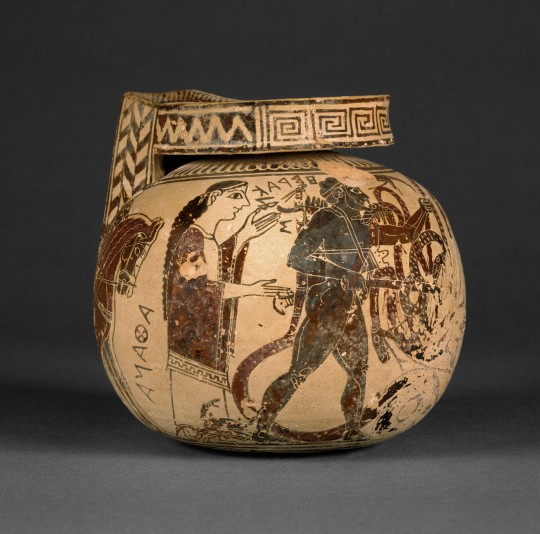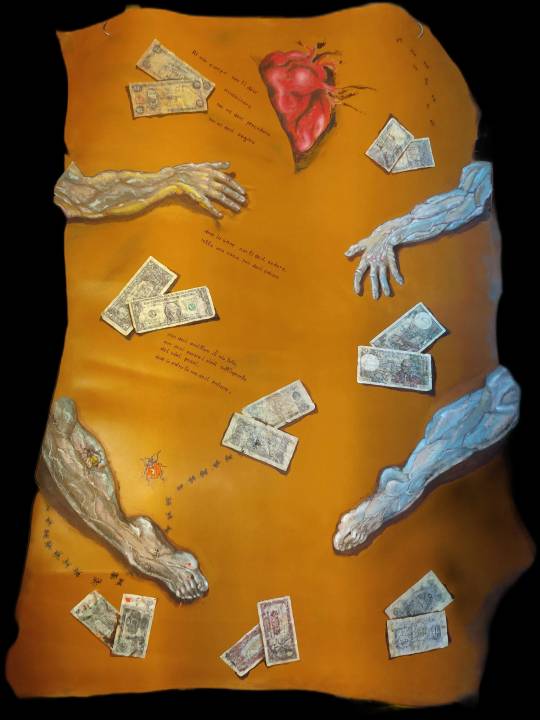#Haraway
Text

"Seguir con el problema", de Donna Haraway en la #LíneaB @_consonni_
#consonni#seguir con el problema#donna haraway#haraway#leo autoras#autoras#escritoras#feminist#feminist books#book#books#books and girls#girls and books#instabooks#books & girls#girls reading#reading#leyendo#more books please#books books books#more books#instalibros#libros#editoriales independientes#bibliofilos#bibliofilia#buenos aires#sexy books#sexy readers
7 notes
·
View notes
Text
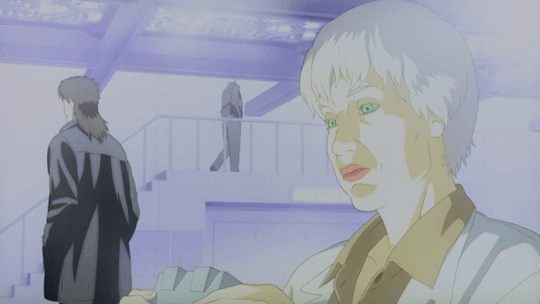
19 notes
·
View notes
Text


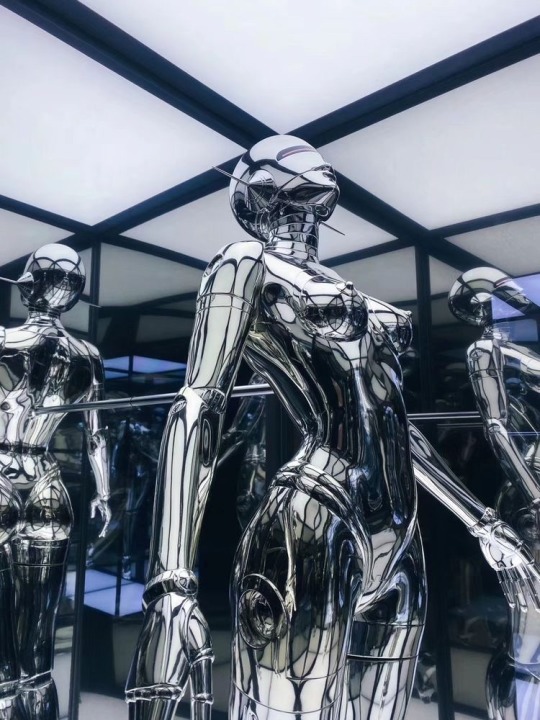

𝚃𝚑𝚒𝚜 𝚎𝚜𝚜𝚊𝚢 𝚒𝚜 𝚊𝚗 𝚎𝚏𝚏𝚘𝚛𝚝 𝚝𝚘 𝚋𝚞𝚒𝚕𝚍 𝚊𝚗 𝚒𝚛𝚘𝚗𝚒𝚌 𝚙𝚘𝚕𝚒𝚝𝚒𝚌𝚊𝚕 𝚖𝚢𝚝𝚑 𝚏𝚊𝚒𝚝𝚑𝚏𝚞𝚕 𝚝𝚘 𝚏𝚎𝚖𝚒𝚗𝚒𝚜𝚖, 𝚜𝚘𝚌𝚒𝚊𝚕𝚒𝚜𝚖, 𝚊𝚗𝚍 𝚖𝚊𝚝𝚎𝚛𝚒𝚊𝚕𝚒𝚜𝚖. 𝙿𝚎𝚛𝚑𝚊𝚙𝚜 𝚖𝚘𝚛𝚎 𝚏𝚊𝚒𝚝𝚑𝚏𝚞𝚕 𝚊𝚜 𝚋𝚕𝚊𝚜𝚙𝚑𝚎𝚖𝚢 𝚒𝚜 𝚏𝚊𝚒𝚝𝚑𝚏𝚞𝚕, 𝚝𝚑𝚊𝚗 𝚊𝚜 𝚛𝚎𝚟𝚎𝚛𝚎𝚗𝚝 𝚠𝚘𝚛𝚜𝚑𝚒𝚙 𝚊𝚗𝚍 𝚒𝚍𝚎𝚗𝚝𝚒𝚏𝚒𝚌𝚊– 𝚝𝚒𝚘𝚗. 𝙱𝚕𝚊𝚜𝚙𝚑𝚎𝚖𝚢 𝚑𝚊𝚜 𝚊𝚕𝚠𝚊𝚢𝚜 𝚜𝚎𝚎𝚖𝚎𝚍 𝚝𝚘 𝚛𝚎𝚚𝚞𝚒𝚛𝚎 𝚝𝚊𝚔𝚒𝚗𝚐 𝚝𝚑𝚒𝚗𝚐𝚜 𝚟𝚎𝚛𝚢 𝚜𝚎𝚛𝚒𝚘𝚞𝚜𝚕𝚢. 𝙸 𝚔𝚗𝚘𝚠 𝚗𝚘 𝚋𝚎𝚝𝚝𝚎𝚛 𝚜𝚝𝚊𝚗𝚌𝚎 𝚝𝚘 𝚊𝚍𝚘𝚙𝚝 𝚏𝚛𝚘𝚖 𝚠𝚒𝚝𝚑𝚒𝚗 𝚝𝚑𝚎 𝚜𝚎𝚌𝚞𝚕𝚊𝚛–𝚛𝚎𝚕𝚒𝚐𝚒𝚘𝚞𝚜, 𝚎𝚟𝚊𝚗𝚐𝚎𝚕𝚒𝚌𝚊𝚕 𝚝𝚛𝚊𝚍𝚒𝚝𝚒𝚘𝚗𝚜 𝚘𝚏 𝚄𝚗𝚒𝚝𝚎𝚍 𝚂𝚝𝚊𝚝𝚎𝚜 𝚙𝚘𝚕𝚒– 𝚝𝚒𝚌𝚜, 𝚒𝚗𝚌𝚕𝚞𝚍𝚒𝚗𝚐 𝚝𝚑𝚎 𝚙𝚘𝚕𝚒𝚝𝚒𝚌𝚜 𝚘𝚏 𝚜𝚘𝚌𝚒𝚊𝚕𝚒𝚜𝚝–𝚏𝚎𝚖𝚒𝚗𝚒𝚜𝚖. 𝙱𝚕𝚊𝚜𝚙𝚑𝚎𝚖𝚢 𝚙𝚛𝚘𝚝𝚎𝚌𝚝𝚜 𝚘𝚗𝚎 𝚏𝚛𝚘𝚖 𝚝𝚑𝚎 𝚖𝚘𝚛𝚊𝚕 𝚖𝚊𝚓𝚘𝚛𝚒𝚝𝚢 𝚠𝚒𝚝𝚑𝚒𝚗, 𝚠𝚑𝚒𝚕𝚎 𝚜𝚝𝚒𝚕𝚕 𝚒𝚗𝚜𝚒𝚜𝚝– 𝚒𝚗𝚐 𝚘𝚗 𝚝𝚑𝚎 𝚗𝚎𝚎𝚍 𝚏𝚘𝚛 𝚌𝚘𝚖𝚖𝚞𝚗𝚒𝚝𝚢. 𝙱𝚕𝚊𝚜𝚙𝚑𝚎𝚖𝚢 𝚒𝚜 𝚗𝚘𝚝 𝚊𝚙𝚘𝚜𝚝𝚊𝚜𝚢. 𝙸𝚛𝚘𝚗𝚢 𝚒𝚜 𝚊𝚋𝚘𝚞𝚝 𝚌𝚘𝚗𝚝𝚛𝚊𝚍𝚒𝚌𝚝𝚒𝚘𝚗𝚜 𝚝𝚑𝚊𝚝 𝚍𝚘 𝚗𝚘𝚝 𝚛𝚎𝚜𝚘𝚕𝚟𝚎 𝚒𝚗𝚝𝚘 𝚕𝚊𝚛𝚐𝚎𝚛 𝚠𝚑𝚘𝚕𝚎𝚜, 𝚎𝚟𝚎𝚗 𝚍𝚒𝚊𝚕𝚎𝚌𝚝𝚒𝚌𝚊𝚕𝚕𝚢, 𝚊𝚋𝚘𝚞𝚝 𝚝𝚑𝚎 𝚝𝚎𝚗𝚜𝚒𝚘𝚗 𝚘𝚏 𝚑𝚘𝚕𝚍𝚒𝚗𝚐 𝚒𝚗𝚌𝚘𝚖– 𝚙𝚊𝚝𝚒𝚋𝚕𝚎 𝚝𝚑𝚒𝚗𝚐𝚜 𝚝𝚘𝚐𝚎𝚝𝚑𝚎𝚛 𝚋𝚎𝚌𝚊𝚞𝚜𝚎 𝚋𝚘𝚝𝚑 𝚘𝚛 𝚊𝚕𝚕 𝚊𝚛𝚎 𝚗𝚎𝚌𝚎𝚜𝚜𝚊𝚛𝚢 𝚊𝚗𝚍 𝚝𝚛𝚞𝚎. 𝙸𝚛𝚘𝚗𝚢 𝚒𝚜 𝚊𝚋𝚘𝚞𝚝 𝚑𝚞𝚖𝚘𝚛 𝚊𝚗𝚍 𝚜𝚎𝚛𝚒𝚘𝚞𝚜 𝚙𝚕𝚊𝚢. 𝙸𝚝 𝚒𝚜 𝚊𝚕𝚜𝚘 𝚊 𝚛𝚑𝚎𝚝𝚘𝚛𝚒𝚌𝚊𝚕 𝚜𝚝𝚛𝚊𝚝𝚎𝚐𝚢 𝚊𝚗𝚍 𝚊 𝚙𝚘𝚕𝚒𝚝𝚒𝚌𝚊𝚕 𝚖𝚎𝚝𝚑𝚘𝚍, 𝚘𝚗𝚎 𝙸 𝚠𝚘𝚞𝚕𝚍 𝚕𝚒𝚔𝚎 𝚝𝚘 𝚜𝚎𝚎 𝚖𝚘𝚛𝚎 𝚑𝚘𝚗𝚘𝚛𝚎𝚍 𝚠𝚒𝚝𝚑𝚒𝚗 𝚜𝚘𝚌𝚒𝚊𝚕𝚒𝚜𝚝–𝚏𝚎𝚖𝚒𝚗𝚒𝚜𝚖. 𝙰𝚝 𝚝𝚑𝚎 𝚌𝚎𝚗𝚝𝚎𝚛 𝚘𝚏 𝚖𝚢 𝚒𝚛𝚘𝚗𝚒𝚌 𝚏𝚊𝚒𝚝𝚑, 𝚖𝚢 𝚋𝚕𝚊𝚜𝚙𝚑𝚎𝚖𝚢, 𝚒𝚜 𝚝𝚑𝚎 𝚒𝚖𝚊𝚐𝚎 𝚘𝚏 𝚝𝚑𝚎 𝚌𝚢𝚋𝚘𝚛𝚐.
𝙳𝚘𝚗𝚗𝚊 𝙷𝚊𝚛𝚊𝚠𝚊𝚢, 𝚃𝚑𝚎 𝙲𝚢𝚋𝚘𝚛𝚐 𝙼𝚊𝚗𝚒𝚏𝚎𝚜𝚝𝚘. 𝟷𝟿𝟾𝟻.
#quotes#philosophy#marxist feminism#socialist#socialism#feminism#materialism#material feminism#cyborg#the cyborg manifesto#donna haraway#donna#haraway#manifesto#cultural philosophy#critical theory#critique#social critique#techno#futuristic#futurism#futurology
23 notes
·
View notes
Text
Currently reading Staying with the Trouble by Donna Hraway for a book club and just got to the part where she reveals herself as an ardent neo-Malthusian and I am so angry that she is using her platform for leftist-palatable eugenics. And I am so so tired of this being accepted in the environmentalist community.
The world produces more food than we need by a long sho. Inconceivable quantities of food are wasted. There's horrific inefficiency in how much land is used to grow crops to feed animals rather than to use that land to feed humans directly.
But a butterfly specialist wrote a book in 1968 saying the world was doomed by human overpopulation and the moral panic that ensued just never seems to have been questioned very deeply.
The most frustrating thing about Haraway siding with the Malthusians is how literally one chapter beforehand she describes how the Hopi were brutalized by white Malthusians who came and killed their sheep out of a faulty idea the sheep were overpopulated. Haraway has a lot to say about the arrogance of these white people but doesn't seem to notice it in her own writing.
6 notes
·
View notes
Text
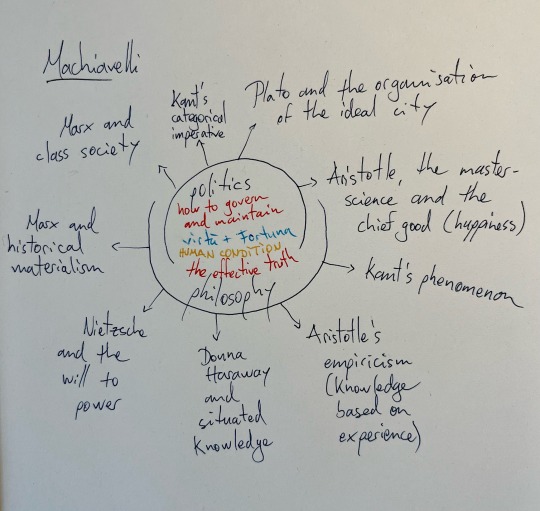
10.1.2024
1 note
·
View note
Text
Paradigma de la Bruja: La Bruja como categoría de unidad.
En esta tercera entrega exploro el concepto de aquelarre y del cyborg en el proceso de la creación de la Bruja.
La primera lección del aquelarre. Louis Maurice Boutet de Monvel. 1880. Nemours, Castillo.
En este tercer apartado de la Bruja, es fascinante como esta palabra puede llegar a construir una unidad en términos del feminismo y del estudio del mismo, ya que como lo mencionaba en anteriores artículos, la denominación Bruja puede caber en todos los cuerpos, colores, olores y sabores de lo femenino,…

View On WordPress
0 notes
Text
canon law
“is a set of ordinances and regulations made by ecclesiastical authority (church leadership) for the government of a Christian organization or church and its members”
referenced in Situated Knowledges by Haraway pg 183
0 notes
Text
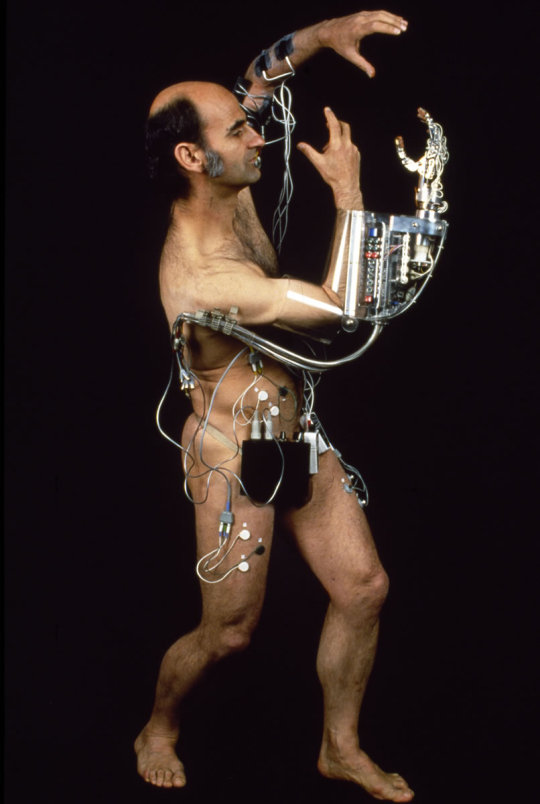
Amplified Body, Laser Eyes and Third Hand (1985)
by Stelarc
#1980s art#performance art#stelarc#cyborg#Australian art#body art#body modification#interdisciplinary#donna haraway#posthuman
2K notes
·
View notes
Photo

"Seguir con el problema", de Donna Haraway en la #LíneaD. @_consonni_
#seguir con el problema#donna haraway#haraway#consonni#editoriales#argentina#subte#metro#subway#girls reading#books#book#libros#leyendo#currently reading#booknerd#booknerdigan#booknerdigans#bookstagram#bookgasm#books on tumblr#la gente anda leyendo#leo#wattpad#feminismo#libros feministas#feminist#feminist books#buenos aires#girls
9 notes
·
View notes
Text


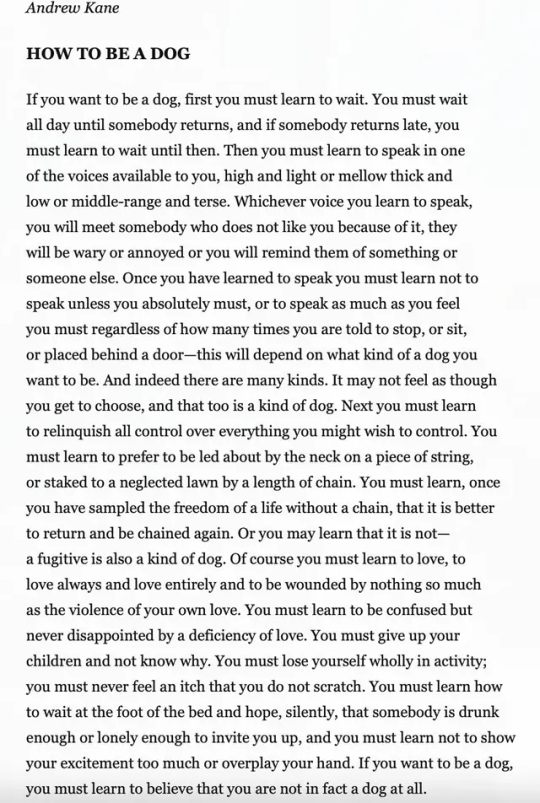

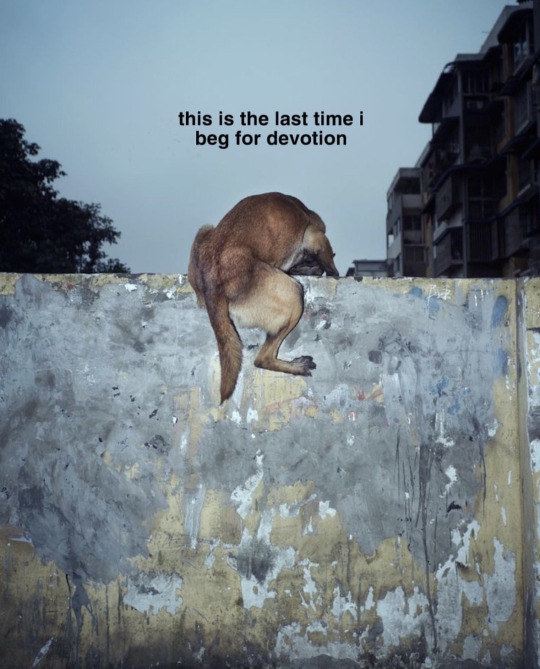

Mitski, "I'm Your Man" // Donna Haraway, The Companion Species Manifesto: Dogs, People, and Significant Otherness // Andrew Kane, "How to Be a Dog" // // Soccer Mommy, Your Dog // "this is the last time i beg for devotion" by violenttradwife // Anne Carson, Preface to Hekabe from Grief Lessons
#parallels#web weaving#mitski#the land is inhospitable and so are we#i'm your man#donna haraway#the companion species manifesto#andrew kane#how to be a dog#soccer mommy#your dog#this is the last time i beg for devotion#anne carson#hekabe#hecuba#grief lessons#webweaving
812 notes
·
View notes
Photo
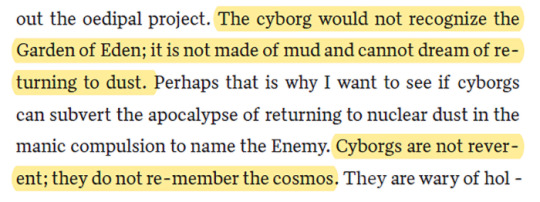
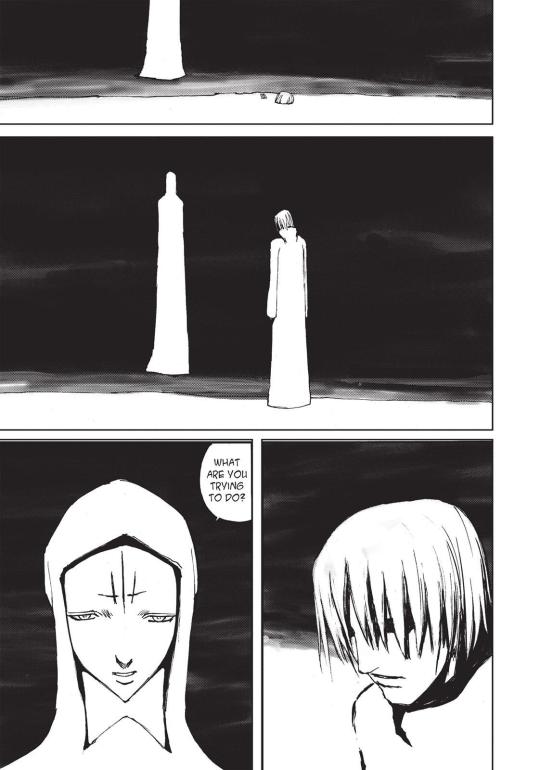


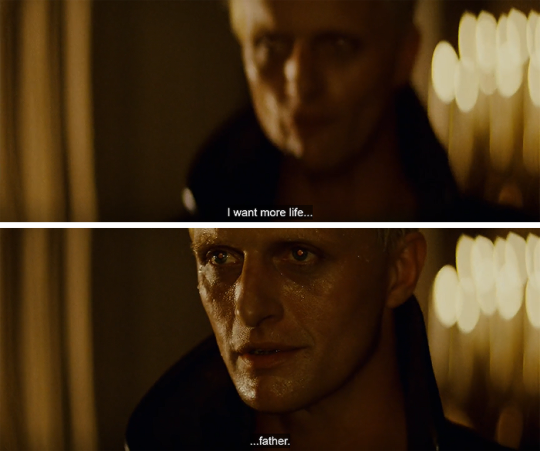

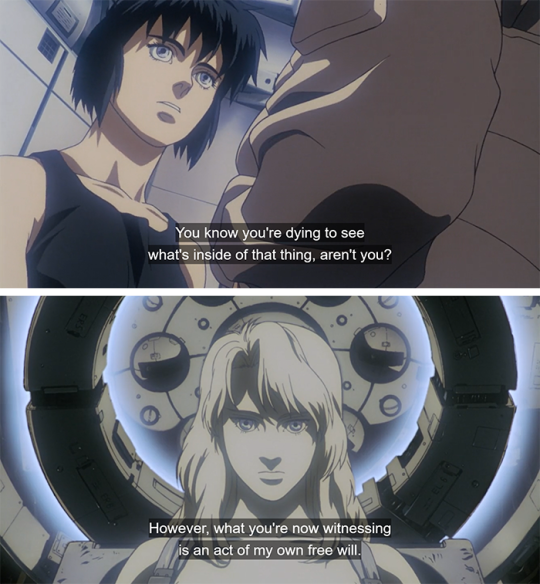

a cyborg manifesto, donna haraway - BLAME!, tsutomu nihei - holy wild, gwen benaway - blade runner, ridely scott - pixel affection, yeule - ghost in the shell (1995), mamoru oshii
#web weaving#comparatives#parallels#words#a cyborg manifesto#blame!#holy wild#blade runner#ghost in the shell#donna haraway#tsutomu nihei#gwen benaway#ridley scott#yeule#mamoru oshii#ghost in the machine#kindly sponsored by: me not being able to stop thinking about davine lu#pinned
484 notes
·
View notes
Text
end of an era.
#im indecisive helppp#souldagger's been my Brand TM for so long and i'm still so attached to it but i kinda want a non-fandom url 😭#.txt#delete later#the first 2 are vaguely inspired by my fav cosmological phenomenon and the 3rd by the cyborg manifesto by donna haraway 🫶
37 notes
·
View notes
Text
I finished Ursula K Le Guin’s The Farthest Shore yesterday, and it got me thinking about two things:
1) The relationship between truth and meaning.
2) The wisdom of accepting death.
The conflict of the book is established when it is discovered that people have lost their connection to the “true speech”, the language of creation, which means that wizards can no longer use magic, but also that everyone falls into nihilism, listlessness, and paranoia. People retain their regular language, but the language of magic is lost, and so they lose their grip on reality. They see everything as flat, without any transcendence in anything. Nothing is more significant than anything else, and so nothing is worth doing. People keep talking, but none of it means anything real.
The cause of this is someone trying to escape the fear of death by dying and coming back immortal, leaving a tear in the world that magic leaks out of. The fact that they have to first die to find immortal life suggests that death and immortality are in a way the same thing, and that this deconstruction is the cause of the spread of nihilism. The necromancer is able to send out a message to people’s dark sides, causing this change in them:
By denying life you may deny death and live forever!
This is reflected in the fact that the souls of the dead show an even more extreme embodiment of the emptiness and stillness experienced by those seduced by the message. The tear in the world is blurring the distinctions between life and death, and calling for people to hurry it along.
For Le Guin then, life is change and difference - rather like Octavia Butler’s message from Parable of the Sower that “God Is Change”. Maybe the key part of Butler’s poem for this though is “The Only Lasting Truth Is Change.” Seeking immortality is sort of denying reality. Le Guin describes each individual life as a wave on the ocean, and claims that seeking immortality would be like making the entire ocean one wave, so that it grows still. In other words, life cannot exist without other lives, and without a chance of ending. A single life that totalises all would be indistinguishable from death.
I’m with her on the first point, that a changeless life would be indistinguishable from death. Experience is formed through interaction, which inevitably changes both parties. This is ancient knowledge, which Le Guin no doubt gets from her passion for Taoism, but my favourite exposition is Donna Haraway’s Situated Knowledges. But if life is always changing, always unfinished, why could there not theoretically be an eternal life which does not totalise, which accepts its mutability?
I think here is where we run up against the tension between Le Guin’s commitments to true language on on side and contingency on the other. Nietzsche is famous for having pointed out that language is a host of metaphors. Derrida then took this further to point out that no word is self-contained, rather its meaning is dependent on so many others that it can never be pinned down perfectly to mean just one thing for certain. This includes the self. It stops and starts when we’re knocked unconscious, and its altered with every experience, every exchange of atoms. In a sense we die a lot - if we thing of ourselves as a being, rather than an emergent property of various processes. We can’t be perfectly described with a word, because we aren’t a constant thing anyway, irrespective of that final death.
But this is kind of a moot point as Le Guin’s story is concerned. Few of us ever actually seek immortality. And Le Guin is right to frame it as an impossible task. It plays a symbolic role for the equally, perhaps even more, impossible task of seeking control, constancy, solidity. Nothing is constant - The Only Lasting Truth Is Change. But for me this just makes the final change of death easier to accept, as just one more change that will leave the previous version of myself behind - only this time there won’t be a recognisably new version to take its place.
There is definitely a difficulty in accepting the indefinite fuzziness that comes to things when you look at them like this though, that can lead to the nihilism Le Guin was so afraid of. I think Le Guin answers this rather well though, when she says that we cannot help but do everything we do, want everything we want, feel everything we feel. We can’t actually avoid caring about things, especially if we throw ourselves into them. We don’t have to justify what we care about based on some sort of metaphysical truth, as if we could ever be certain of that - we just have to accept the inclinations given to us by the universe and act on them in a balanced way to make ourselves content. Don’t rationalise your feelings through strict force of will, pay attention to them and what the good asks of you. That’s actually from a different anarcha-feminist writer - Simone Weil - but it fits!
#ursula k. le guin#ursula le guin#le guin#donna haraway#earthsea#the farthest shore#friedrich nietzsche#nietzsche#derrida#jacques derrida#philosophy#existentialism#books#fantasy books#octavia butler#octavia e. butler#taoism#daoism#meaning#language#semiotics#parable of the sower#simone weil#immortality#death
72 notes
·
View notes
Text

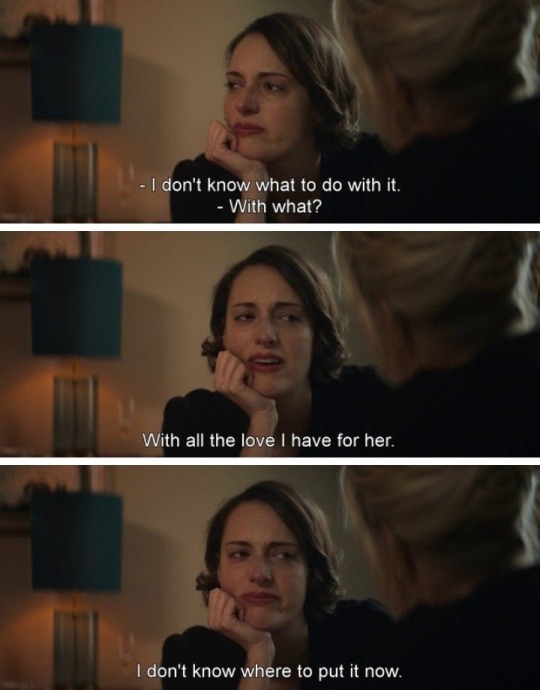




navigating grief?
a concise chinese english dictionary for lovers, xiaolu guo // fleabag (2019), phoebe waller-bridge // staying with the trouble: making kin in the chthulucene, donna haraway // dalton day // the stranger, albert camus // on earth we’re briefly gorgeous, ocean vuong
#poetry#dalton day#fleabag#phoebe waller bridge#ocean vuong#on earth we're briefly gorgeous#albert camus#the stranger#the concise Chinese English dictionary for lovers#Xiaolu Guo#dealing with grief#love#donna haraway
460 notes
·
View notes
